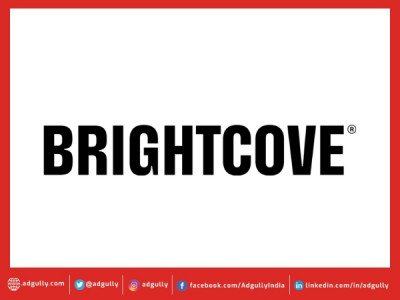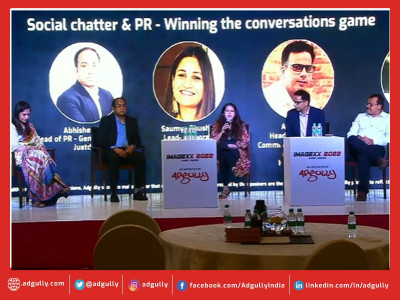Creating strong marketing strategies in the digital era: Nikhil Rungta
Nikhil Rungta, Chief Marketing Officer, Housing.com, writes about how the right amount of research and planning can lead to a good marketing plan.
Digitisation and Big Data have made capturing user data easier and the role of Analytics and Business Intelligence has become crucial. This has raised questions on the future of traditional research. Answer is, Big Data and Analytics, combined with traditional research, can help predict user behaviour more effectively and also help build a strong marketing plan. Overall research helps in making a better and more informed decision.
Developing marketing plan and communication strategy for startups is quite an experience. This is because the product or service is usually very innovative and first of its kind; there are no starting points in terms of secondary research or any other industry benchmarks. This means consumer research assumes tremendous importance to help understand the market potential, identify insights and validate hypotheses. But many start-ups often discount the importance of research either to save costs or owing to lack of awareness of benefits of the same.
Research and Consumer Insights are the starting points of building any marketing strategy. They help in decoding consumer behaviour towards products and services on offer, define the problem statements and identify opportunities with respect to competition, thus helping build a strong marketing plan. As cloud computing has emerged, analysing enormous data and understanding Key Performance Indicators has helped marketing plans to be focused on specific consumer needs or addressing shortfalls by the brand.
A compelling challenge for any marketer is analysing data and culling out the non-essentials. Deciphering data to align with the marketing objective in the burgeoning digital space can pose to be a herculean job. Fortunately, with new technologies and cloud based analytics, harnessing effective data and value based content has become faster, easier and cheaper for businesses. Not only is it easier to reach out to a bigger consumer base, technological tools have enabled business to run parallel research campaigns.
While traditional research methods proved an exhaustive exercise for marketers and consumers alike, interestingly research today has evolved to be more personal, yet less intrusive. Studying consumer action in their natural environment helps provide unbiased results. Social media listening and data gathered from behavioural history provides better understanding of consumer behaviour. Never before has it been easier to capture correlation of intent, action and expectation. While the conversation is largely about Big Data today, what’s critical for brands and businesses is the analysis ‘within’ the big data and creation of ‘smart data’.
However, too much research can also lead to confusion. The right way to do research is to start by clearly articulating the objectives and hypotheses, followed by sharply defining the target audience profile and finally ensuring the data is recorded in a structured format. A good research design will lead to good insights, which will lead to good marketing plan.
Research when not conducted thoroughly, can provide misleading information that can topple down the whole marketing initiative. While the focus on data is critical, one should also take into consideration the emotional connect the consumers’ share with the brand. For a successful marketing plan, there’s nothing more detrimental than badly done research.
Over-indulgence in research can be another challenge. Instincts and simplicity in problem-solution approach have almost taken a back seat. One should refrain from making heavy investments in research when none is needed. The dependence on numbers and comfort of data compels a marketer to overlook solutions at hand and resort to a confirmation bias. In a fast-moving digital era, it’s important to keep track of changing patterns and incorporate research transitions into the marketing plan constantly. Start-ups especially are at an advantage here, as they are essentially in their ‘formative’ years and more capable of aligning the business model along the lines of the changing trends.
Marketing is essentially about influencing behaviour, building perceptions and nudging consumers to take action. Research is a great tool to deeply understand each of these and use the insights to enrich the overall consumer journey.
Net net, right amount of research, right amount of Big Data and right amount of instinct helps create a strong marketing strategy.
(Nikhil Rungta is Chief Marketing Officer at Housing.com)
















Share
Facebook
YouTube
Tweet
Twitter
LinkedIn